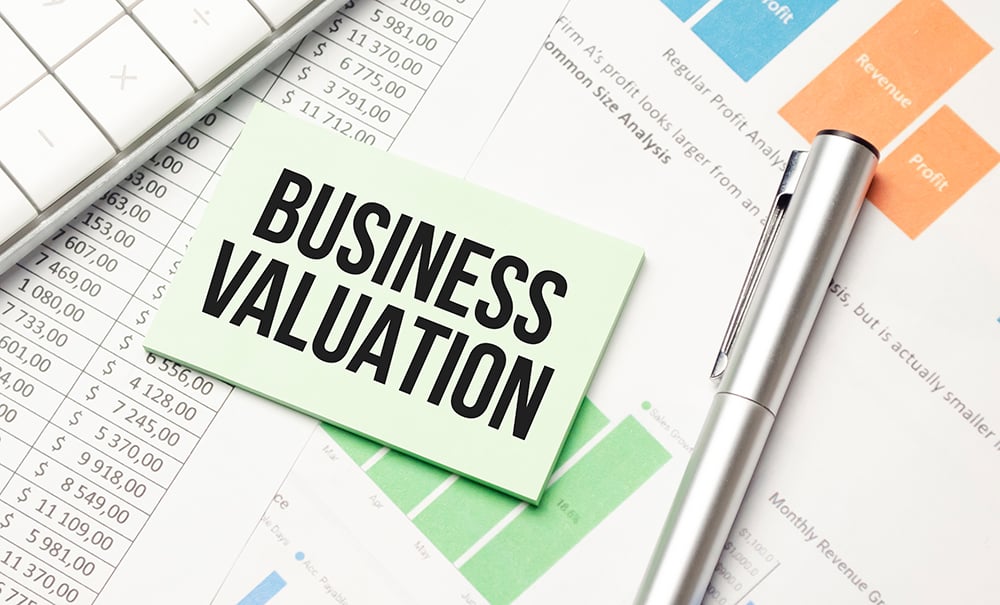
I hear the phrase “the value is the value” oftentimes when discussing appraisal work with those not familiar with the profession. With machinery and equipment appraisals, the primary differences in value are fairly straightforward. They tend to correlate to the approach you most heavily rely upon and the definition of value that's estimated. Fair Market Value - Installed will drive a considerably higher value than any type of liquidation premise.
With business appraisals, it goes even further. Liquidation value is typically not a factor assuming the company is ongoing; however, the specific reason why an appraisal is needed will dictate the appropriate methodology and approach that best fits that perspective.
For example, if the purpose is for an outright sale of the company in the open market, the appraiser might need to back out the on-hand cash and liabilities from the balance sheet given the likelihood that the seller will cash out the liquid assets and be obligated to settle the liabilities at closing.
If the purpose is for a minority share buy-out or buy-in, the business appraiser will need to consider applying lack of control discounts to the overall value of the business when calculating the percentage share associated with the transaction. In other words, if 100% of the business is worth $500,000, a 20% non-controlling share will be less than $100,000, given the minority investors’ lack of control.
Another example may be a divorce scenario, where the company is being valued as part of a contested or negotiated division of assets. There may be factors pertaining to the ongoing litigation or settlement that will need to be considered before finalizing the value.
From a methodology perspective, it is quite often that a business appraisal can be reasonably valued using more than one approach. How these differing conclusions are weighed will factor into the overall estimate of value.
There is always going to be a level of subjectivity with any appraisal. Opinions will differ, depending on the data that is relied upon, the methodologies ultimately utilized, and the experience of the appraiser, who needs to make reasonable decisions to conclude on value.
When you need a business appraisal, take the time early in the process to cover these topics so you understand the approach that will be taken and ensure the methodology fits the overall purpose driven by the larger transactional picture.

